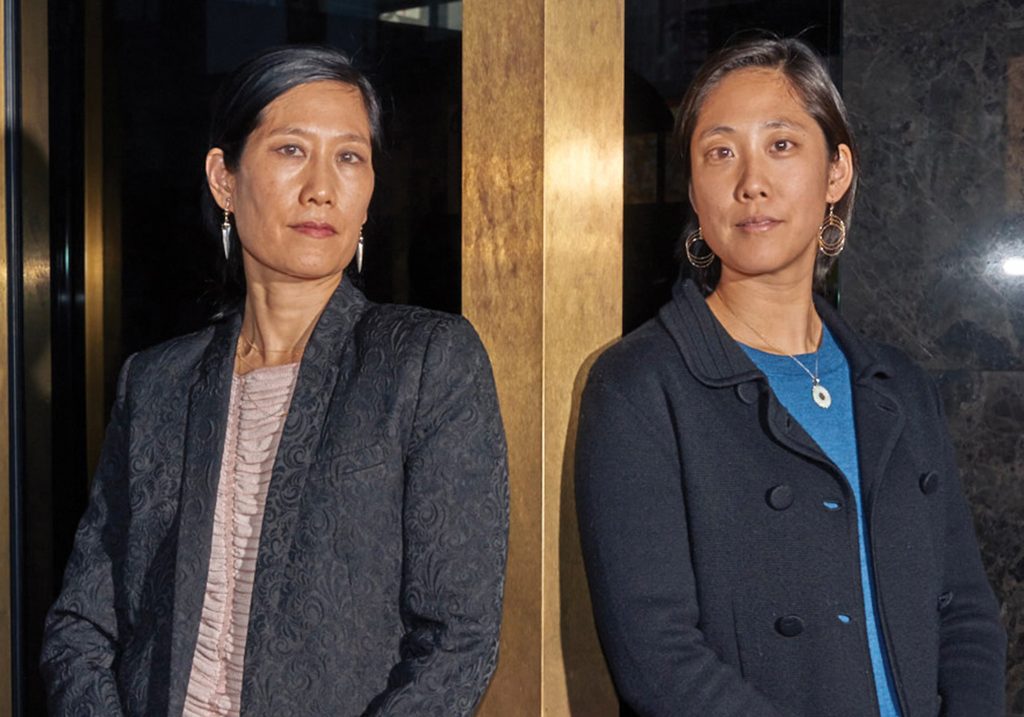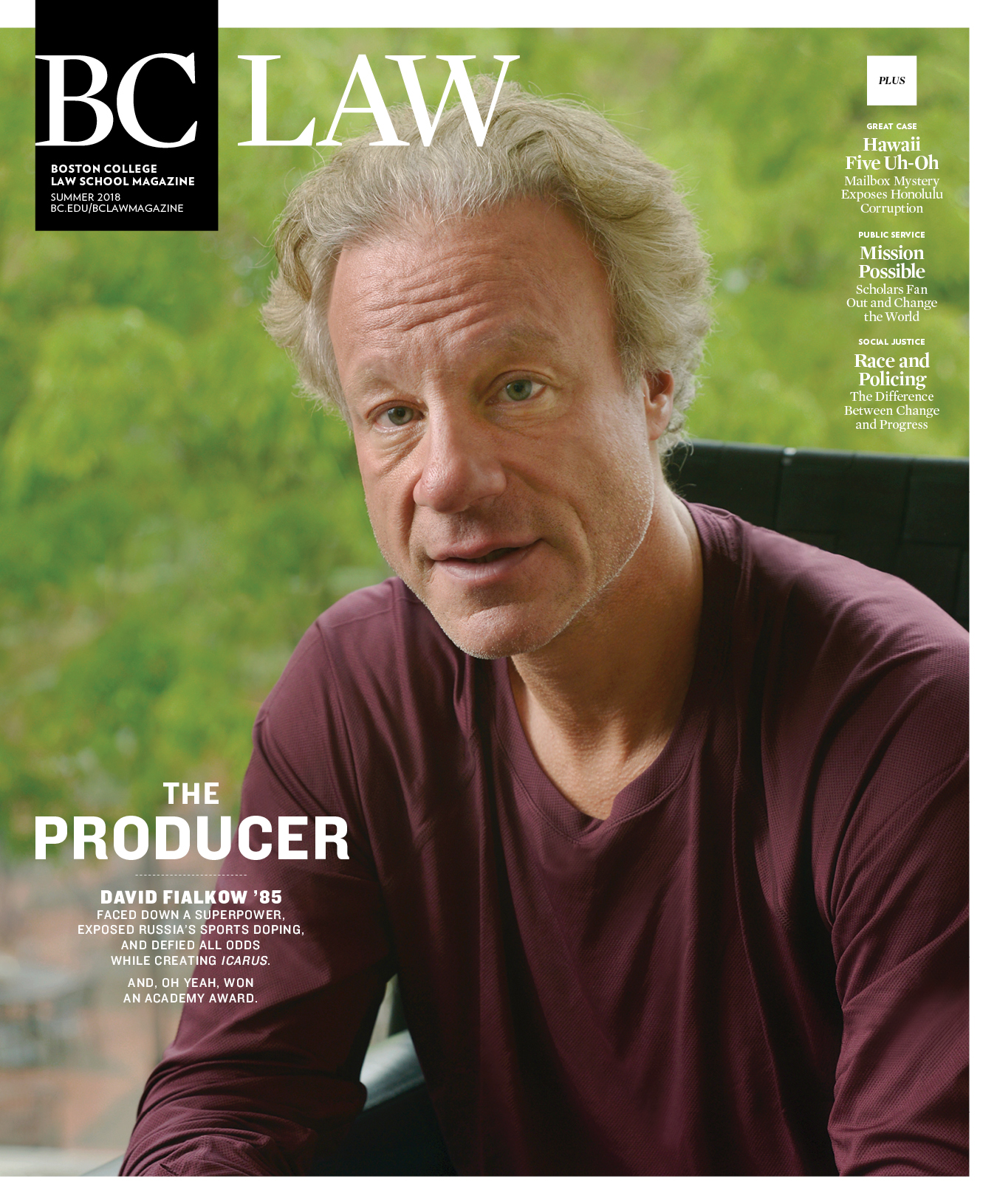Senior US District Judge Henry Coke Morgan Jr. wrote to BC Law Magazine after reading about the indictment and acquittal of Abacus Savings, a community bank owned by the family of Vera Sung ’90 (above left) and Chanterelle Sung ’04 (“Scapegoats,” Winter 2018). “It reminded me,” he wrote, “of a case in which I was involved some twenty years ago.”
That case involved Farmers Bank of Windsor, a small community bank in Virginia that was under a civil enforcement order by the Federal Deposit Insurance Corporation (FDIC). When Richard Holland Jr., the bank’s CEO, wrote a scathing letter of criticism to the FDIC regional director, the FDIC launched an aggressive investigation against the bank. The FDIC homed in on a series of loans and, claiming irregularities, sought to remove Holland and his father, the bank’s chair, from their jobs with the bank. When it became clear that a civil administrative case was questionable, the FDIC started pushing for criminal action. “Realistically,” counseled the FDIC regional attorney, “the US Attorney’s office will not prosecute this kind of case energetically unless they are attracted by some non-legal consideration, such as the prominence of the respondents.”
The FDIC was in luck: Richard Holland Sr. was a state senator.
Seven years and four grand juries later, the US Attorney charged the Hollands with lying under oath and altering loan documents. Judge Morgan heard the government’s evidence at trial and tossed out the case. Acquitted of all criminal charges, the Hollands claimed “vexatious” prosecution and sued the FDIC and the US Department of Justice for attorneys’ fees and litigation costs.
Judge Morgan ordered attorneys’ fees awarded against the Department of Justice. He found that the criminal case against the Hollands was based on civil law issues and unsupported claims of corruption rather than on actual proof. Moreover, Morgan wrote in his opinion, “There is no evidence that the Hollands benefitted or sought to benefit from any of the questioned loans, or that any records of these loans were concealed.” Not long after his ordeal ended, Richard Holland Sr. died of cancer.
That case has really stuck with him, Judge Morgan says now. “I always hold the government accountable, especially after this case,” he says. “It is always valuable to the public in general as well as to those in the legal profession when an injustice is exposed.”



